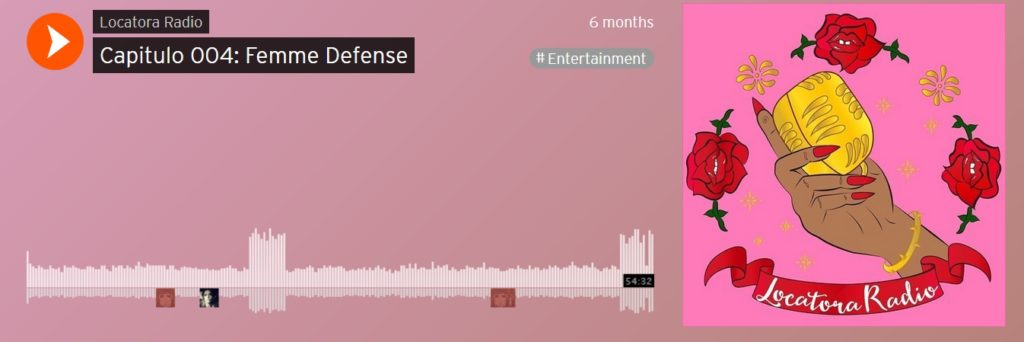Our partner Safecity has just released their Safecity Mobile App! It offers resources, allows you to report sexual violence in public spaces and more. It’s available for free on the Google and Apple play stores and is available in English, Hindi and Spanish.
Watch this video to see the features of the app.
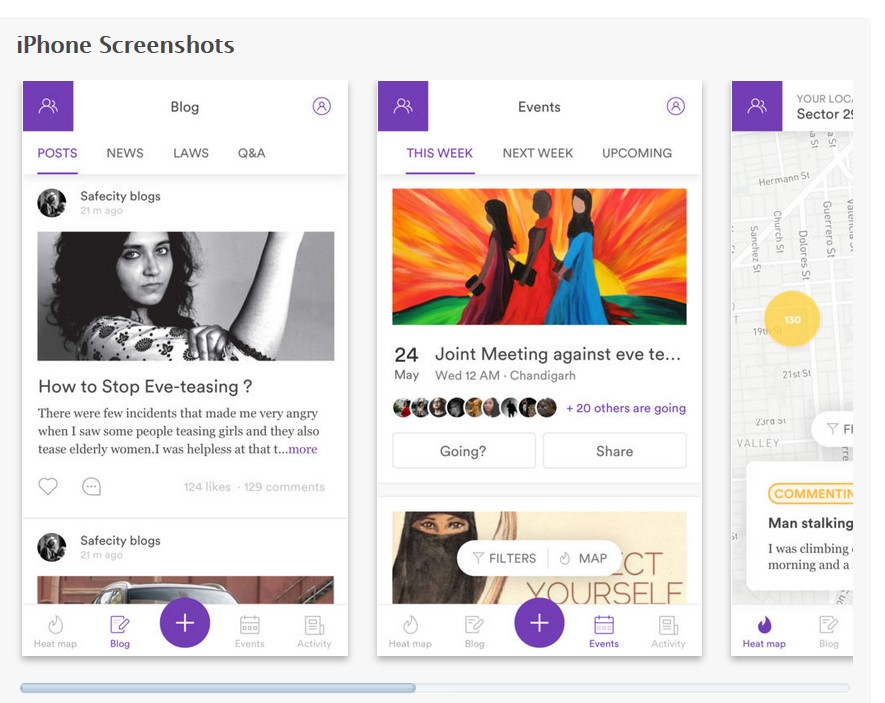


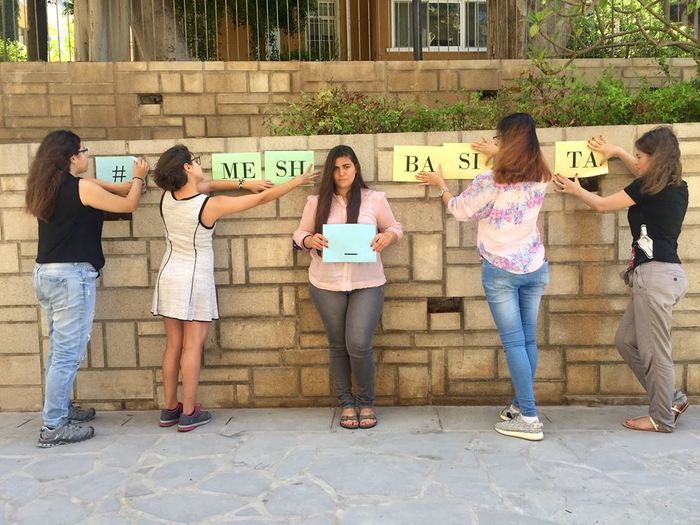
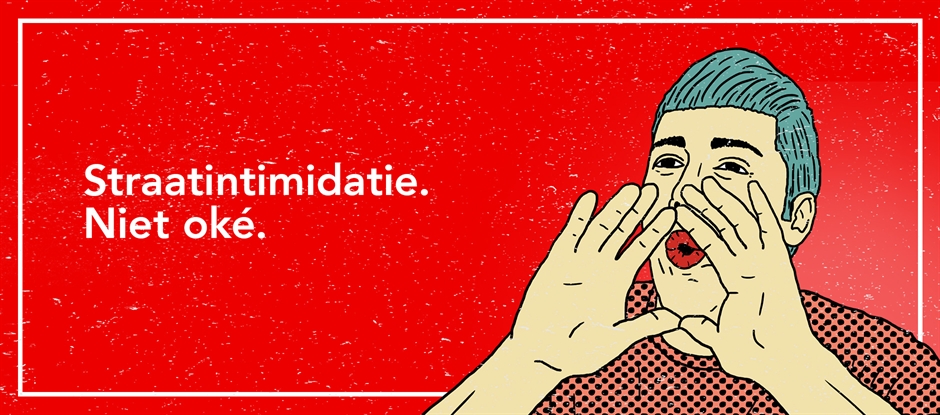
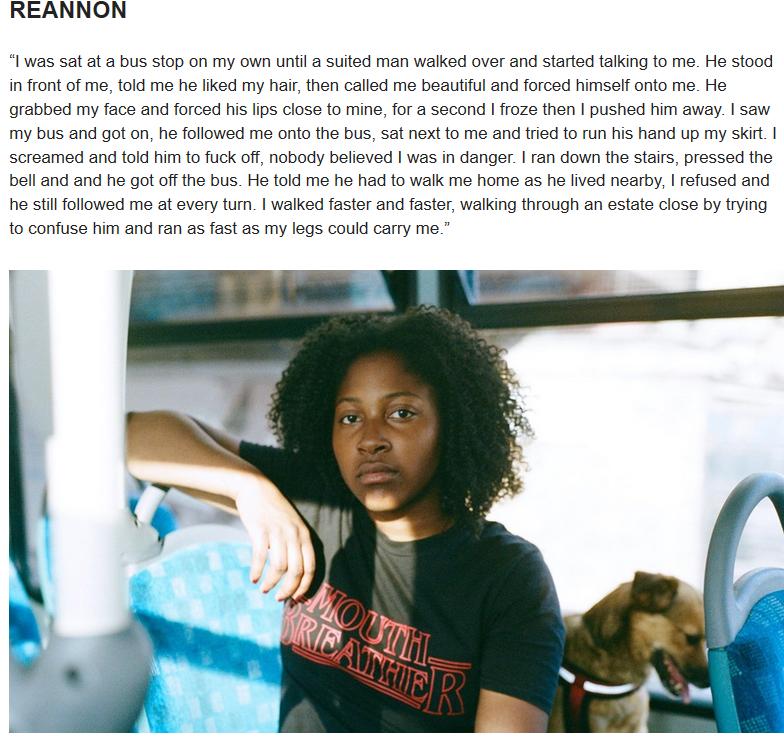
 I like to walk and when the warmer weather hits, I go for walks as part of my self-care routine. I also walk to work and during work. As a domestic violence and sexual assault advocate, I sometimes have to respond to calls at our local services center or hospitals so I usually walk to these places to avoid wasting time looking for parking.
I like to walk and when the warmer weather hits, I go for walks as part of my self-care routine. I also walk to work and during work. As a domestic violence and sexual assault advocate, I sometimes have to respond to calls at our local services center or hospitals so I usually walk to these places to avoid wasting time looking for parking.